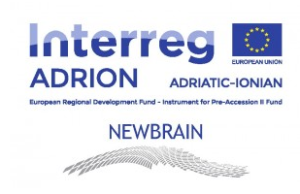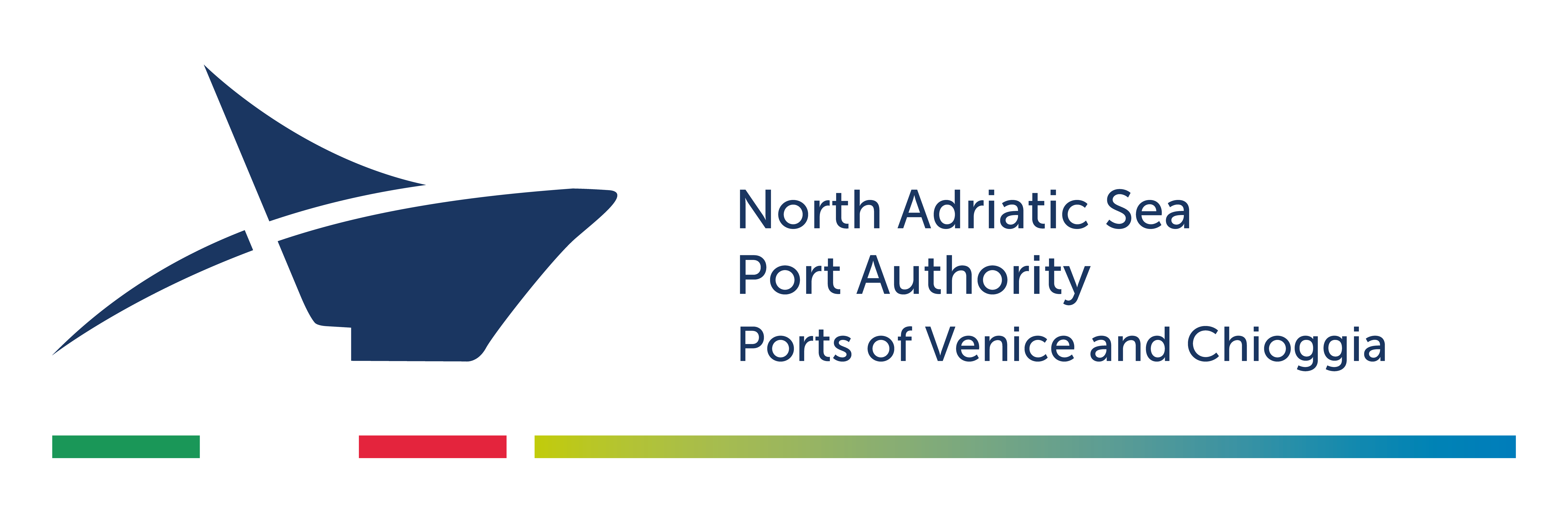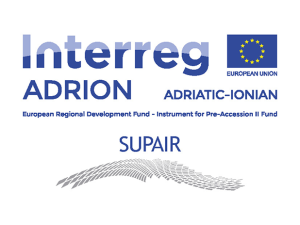
European Territorial Cooperation
Transport/Sustainability
SUstainable Ports in the Adriatic-Ionian Region
The SU.P.AI.R (SUstainable Ports in the Adriatic-Ionian Region) project involves 7 ports in the Adriatic-Ionian region and its main objective is to reduce the environmental impacts derived from navigation and land port operations through the setting up a network of low-carbon ADRION ports involved in the development of environmentally friendly solutions to be included in port action plans aimed at developing a greener, safer and more efficient transport system.
Logistics is one of the key factors for economic growth. The transport of goods and passengers, however, is leading to increasing levels of pollution and further environmental problems that imply the strong need to turn towards a more sustainable transport organization. Ports are the central hubs of the multimodal chain in the Adriatic-Ionian basin and can contribute significantly to develop a true multimodal transport system focused on environmentally friendly solutions, encouraging the implementation of more efficient and greener transport policies that reduce CO2 emission levels.
The Northern Adriatic Sea Port Authority aims to reduce the emissions deriving from the congestion of road traffic to and from the Port of Venice-Marghera through two pilot actions:
- Design and implementation of a Smart Traffic Management Tool to reduce waiting times for lorries at the entrance gates;
- Drafting of an operational plan (Masterplan) for the reduction of emissions and the best use of available resources in the port area. This document will be based on result indicators that will be shared by the common “Guidelines for Sustainable and Low-Carbon Ports” methodology of the ADRION network (Ports of Venice, Trieste, Koper, Durres, Bars, Thessaloniki and Piraeus).
Project website: supair.adrioninterreg.eu
 Nodes Enhancing Waterway bridging Adriatic-Ionian Network
Nodes Enhancing Waterway bridging Adriatic-Ionian Network
NEWBRAIN project aims at boosting the relevance of the Adriatic-Ionian core nodes system (9 partners) in the framework of the European transport policy and TEN-T network.
It addresses the infrastructural gaps and technological, procedural and organizational bottlenecks detected at local level and impacting on the efficiency of the regional transport system, by adopting a joint and transnational approach aimed at stimulating the coordinated development of physical and non-physical infrastructure and to enhance the capacity to launch feasible investments and unlock the potential for investments through the participation to EU funding schemes (e.g. CEF, EFSI, ..).
In the port of Venice it produces the feasibility study of last miles connections to improve safety of operations and capability of the railway system. In particular it studies a solution to reduce the interferences between road and railway traffic and hence have positive impact on the timing of shunting operations in the western and southern part of the port where the 40% of the overall port traffic is generated.


